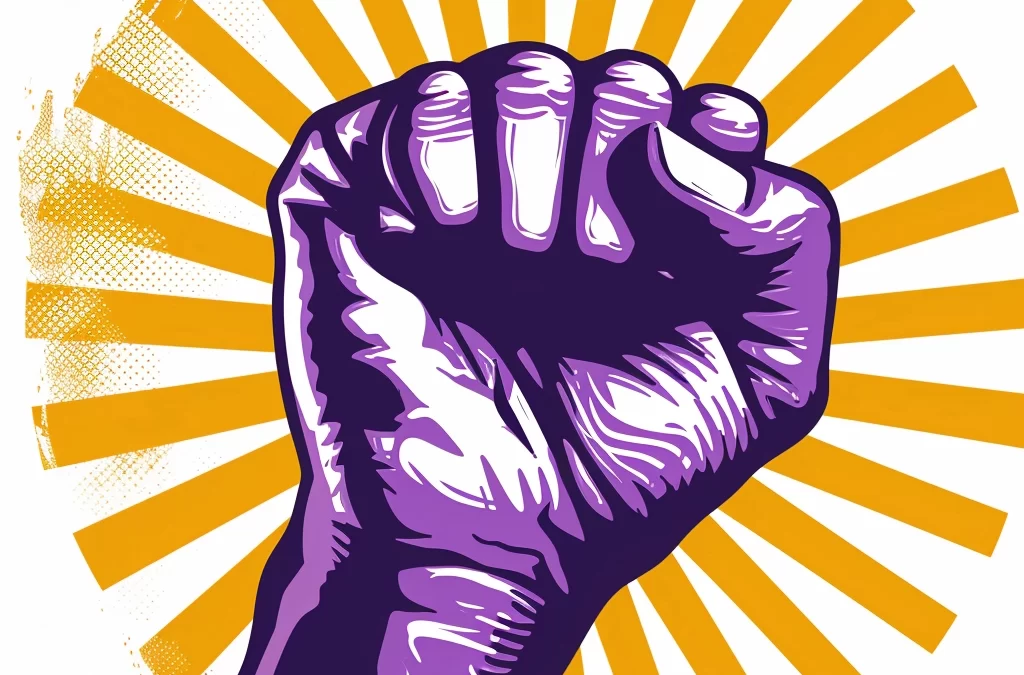Each May, we pay tribute to the generations of Asian American and Pacific Islanders who have enriched our nation’s history and are instrumental in its future success. Through the work of our SEIU Local 1000 Asian-Pacific Islander (API) Committee, we hope to ensure that API workers are recognized, valued, and respected.
As we build a stronger, more inclusive union, we need to reflect the social, economic, and political goals of API state workers in our fight, while developing API member leaders in our worksites and in our communities.
Each May, we pay tribute to the generations of Asian American and Pacific Islanders who have enriched our nation’s history and are instrumental in its future success. Through the work of our SEIU Local 1000 Asian-Pacific Islander (API) Committee, we hope to ensure that API workers are recognized, valued, and respected.
As we build a stronger, more inclusive union, we need to reflect the social, economic, and political goals of API state workers in our fight, while developing API member leaders in our worksites and in our communities.
For Christina Calugcugan, chair of the SEIU Local 1000 API community and secretary for the SEIU International API Caucus, these issues have the potential to transform our work and develop a stronger union.
“The Caucus connects the work of racial justice, environmental justice, and economic justice to the issues of our community across the country,” Calugcugan said. “These are very old issues for the API community, but they’ve grown in significance as the community grows. API is the fastest growing ethnicity in the United States, and knowing how we can develop a political role as voters strengthen our union.”
Each SEIU affiliated local sends one representative to the Caucus. Their work will play a significant role in achieving our goal of representing all Local 1000 members. “Thirty percent of represented employees who are nonmembers are API as well,” noted Calugcugan. “Our goal is to reach out to these workers in their own language—be it Mandarin, Hmong Daw, or Vietnamese—and break down the cultural barriers that prevent them from being engaged and involved in their union.”
Language justice plays a large role in communications at our sister union, SEIU Local 1199. When a union can bring workers together and speak with them in their native tongue, they are more comfortable discussing issues they’re having in workplaces across the state.
Christina’s work draws on the rich history of the API community in the labor movement to build leadership for the next generation. “Talking to workers in their home language helps us connect to issues in their lives,” she said. “When people can understand and make the connection that these issues are important to them, it builds our strength across the state.”
If you’re interested in learning more about Local 1000’s API Committee, email us at [email protected]
